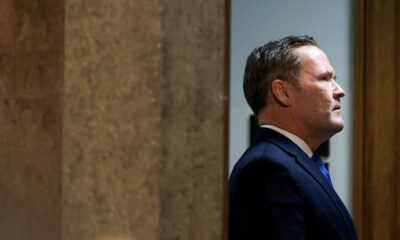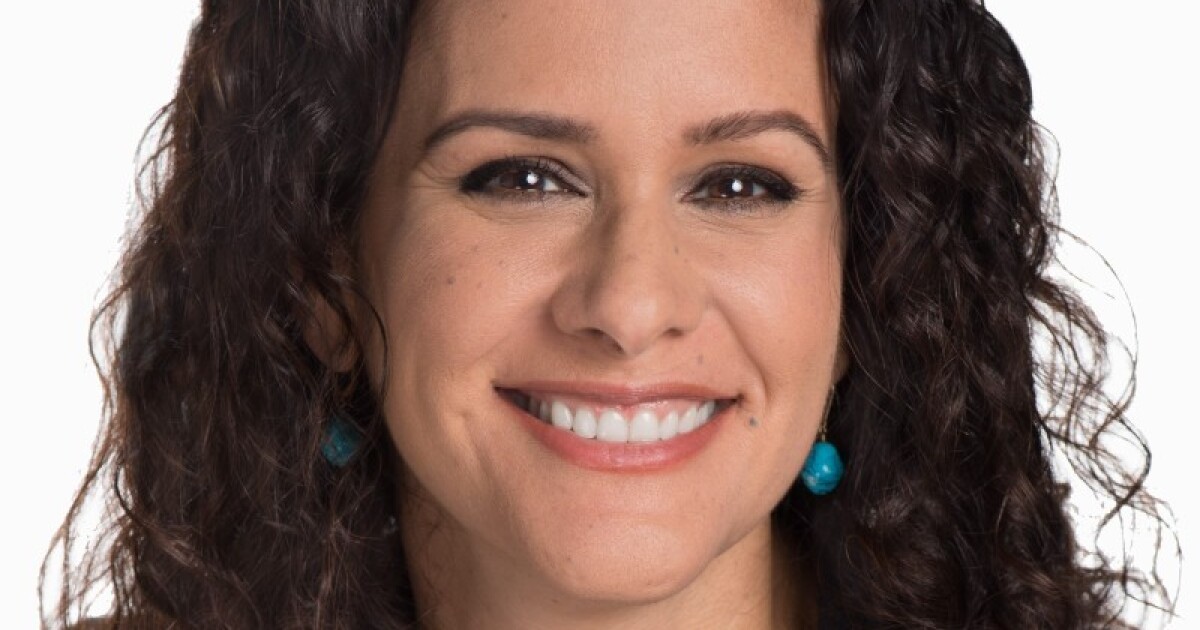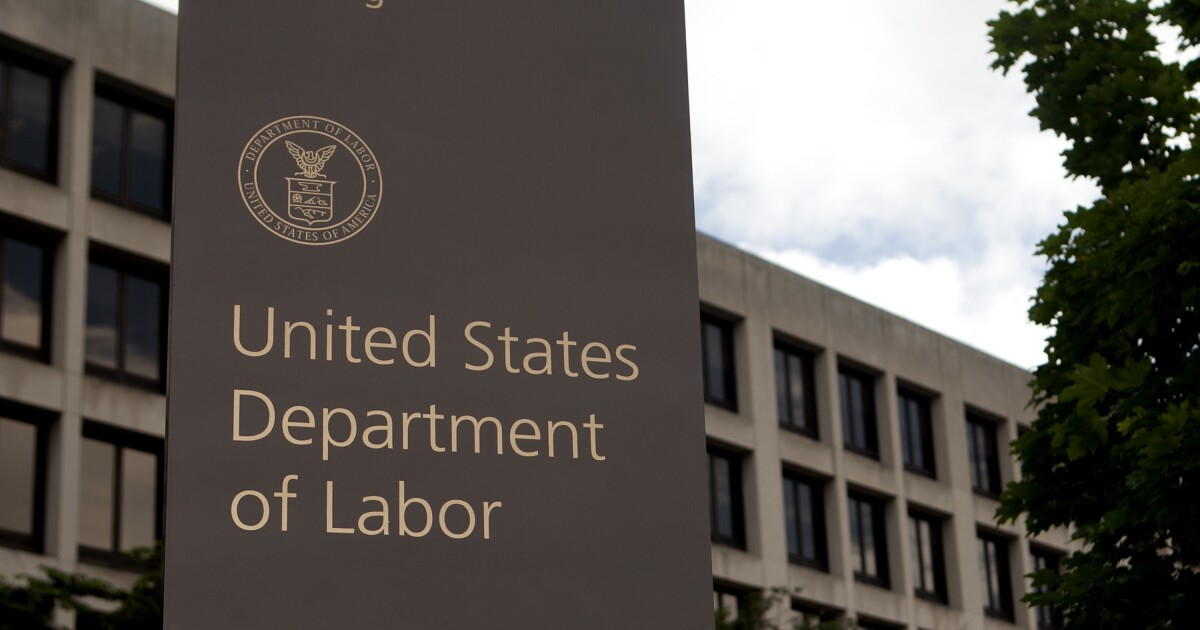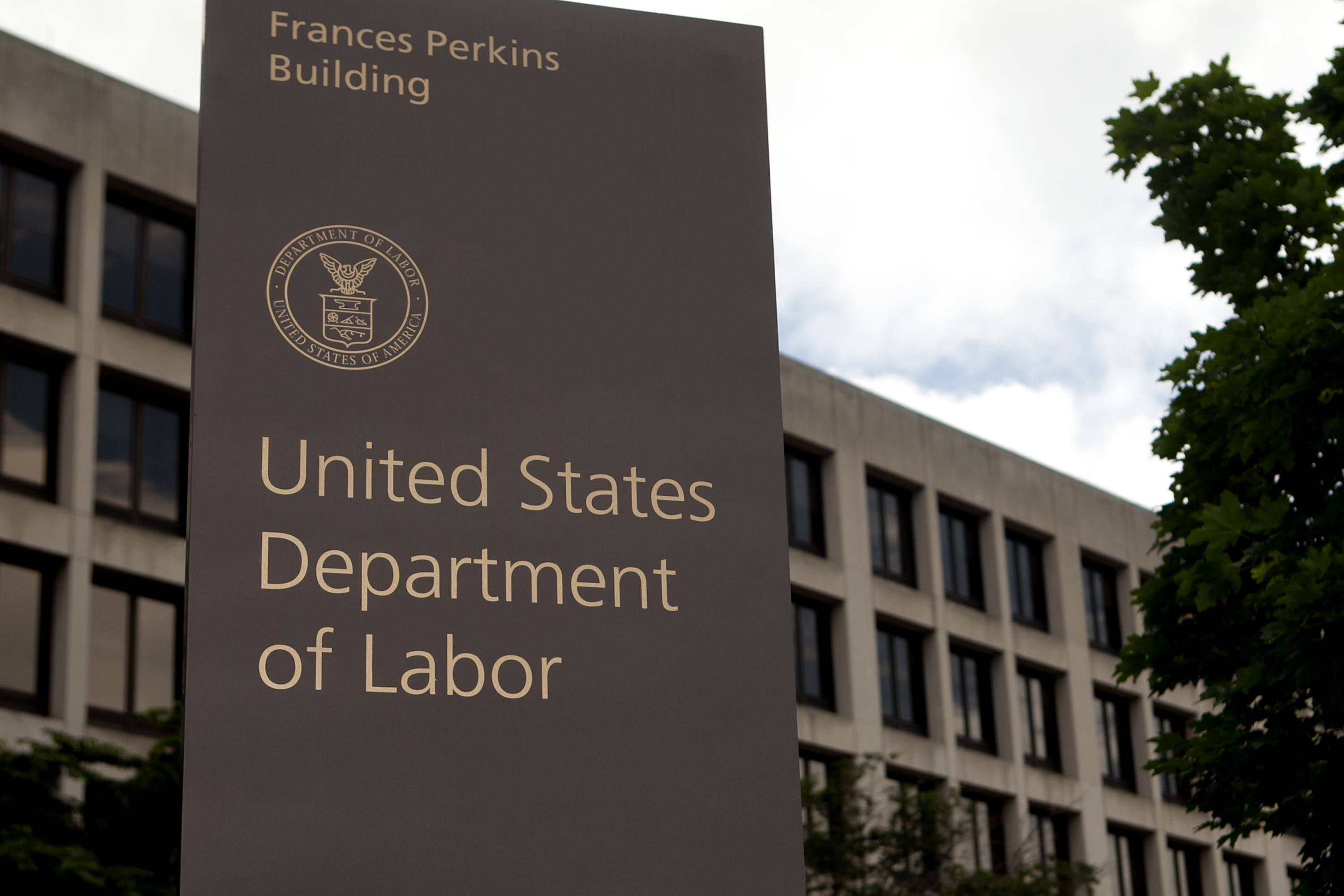As technology continues to automate routine tasks, the role of finance professionals is evolving, demanding deeper capabilities in critical thinking, communication and business acumen.
Many of PrimeGlobal’s North American firms are focused on cultivating these skills in their future leaders. Carla McCall, managing partner at AAFCPAs, Randy Nail, CEO of HoganTaylor, and Grassi managing partner Louis Grassi shared their views with PrimeGlobal CEO Steve Heathcote on the need for future leaders to balance technological proficiency with human-centered skills to thrive.
AI is transforming the sector by streamlining workflows, automating data analysis and reducing manual processes. However, rather than replacing accountants, AI is reshaping their roles, enabling them to focus on higher-value tasks. In the words of Louis Grassi, AI can be seen as a strategic partner, freeing accountants from routine tasks, enabling deeper engagement with clients, more thoughtful analysis, and ultimately better decision-making.
Nail emphasized the importance of embracing AI, warning that those who fail to adapt risk being replaced by professionals who leverage the technology more effectively. HoganTaylor’s “innovation sprint” generated over 100 ideas for AI integration, underscoring why a proactive approach to adopting new technologies is so necessary and valuable.
McCall advocates for an educational shift that equips professionals with the skills to interpret AI-generated insights. She stressed that accounting curricula of the future must evolve to incorporate advanced technology training, ensuring future accountants are well-versed in AI tools and data analytics. Moreover, simulation-based learning is becoming increasingly crucial as traditional methods of education become obsolete in the face of automation.
Talent development and leadership growth
As AI reshapes the profession, firms must rethink how they develop and nurture their future leaders. To attract and retain top talent, firms need to prioritize personalized development plans that align with individual career goals.
HoganTaylor’s approach to talent development integrates technical expertise with leadership and communication training. These initiatives ensure professionals are not only proficient in accounting principles but also equipped to lead teams and navigate complex client interactions.
Nail underscored the growing importance of writing and presentation skills, as AI will handle routine tasks, leaving professionals to focus on higher-level analytical and decision-making responsibilities.
Soft skills are the success skills
While technical proficiency remains vital, future leaders must also cultivate critical thinking, communication and adaptability — skills McCall refers to as the “success skills.” McCall highlights the necessity of business acumen and analytical communication, essential for interpreting data, advising clients and making strategic decisions.
Recognizing teamwork and collaboration remain crucial in the hybrid work environment, McCall explained in detail how AAFCPA fosters collaboration through structured remote engagement strategies such as “intentional office time,” alcove sessions and stand-up meetings. Similarly, HoganTaylor supports remote teams by offering training for career advisors to ensure effective mentorship and engagement in a dispersed workforce.
McCall emphasized why global experience can be valuable in leadership development. Exposure to diverse markets and accounting practices enhances professionals’ adaptability and broadens their perspectives, preparing them for leadership roles in an increasingly interconnected world.
Grassi reminded us that an often-overlooked leadership skill is curiosity. In his view the most effective leaders of tomorrow will be inherently curious — not just about emerging technologies but about clients, market shifts and global trends. Encouraging curiosity and continuous learning within our firms will distinguish the true industry leaders from those simply reacting to change.
A balanced future
What’s clear from speaking to our leaders is PrimeGlobal’s role in fostering trust, community and knowledge sharing. McCall recommended member-driven panels to discuss AI implementation and automation strategies and share best practice. Nail, on the other hand, valued PrimeGlobal’s focus on addressing critical industry issues and encouraged continuous evolution to meet professionals’ changing needs.
The future of leadership in the accountancy profession hinges on a balanced approach, leveraging AI to enhance efficiency while cultivating essential human skills that technology cannot replicate, which Grassi highlights skills including leadership and building client trust.
As McCall and Nail advocate, the next generation of accountants must be agile thinkers, skilled communicators and strategic decision-makers. Firms that invest in these competencies will not only stay competitive but will also shape the future of the industry by developing well-rounded leaders prepared for the challenges ahead.
By investing in both AI capabilities and essential human skills, firms can not only future proof their leadership but also shape a resilient and forward-thinking profession ready to meet the challenges of the future.
As Grassi concluded, while technical skills provide the foundation, leadership in accounting increasingly demands emotional intelligence, empathy and adaptability. AI will change how we perform our work, but human connection, trust and nuanced judgment are irreplaceable. Investing in these human-centric skills today is critical for firms aiming to build resilient leaders of tomorrow. To remain relevant and thrive, professionals must prioritize developing strong success skills that will define the leaders of tomorrow.


 Economics1 week ago
Economics1 week ago
 Economics1 week ago
Economics1 week ago
 Personal Finance1 week ago
Personal Finance1 week ago
 Accounting1 week ago
Accounting1 week ago
 Economics1 week ago
Economics1 week ago
 Economics1 week ago
Economics1 week ago
 Economics1 week ago
Economics1 week ago
 Personal Finance1 week ago
Personal Finance1 week ago












